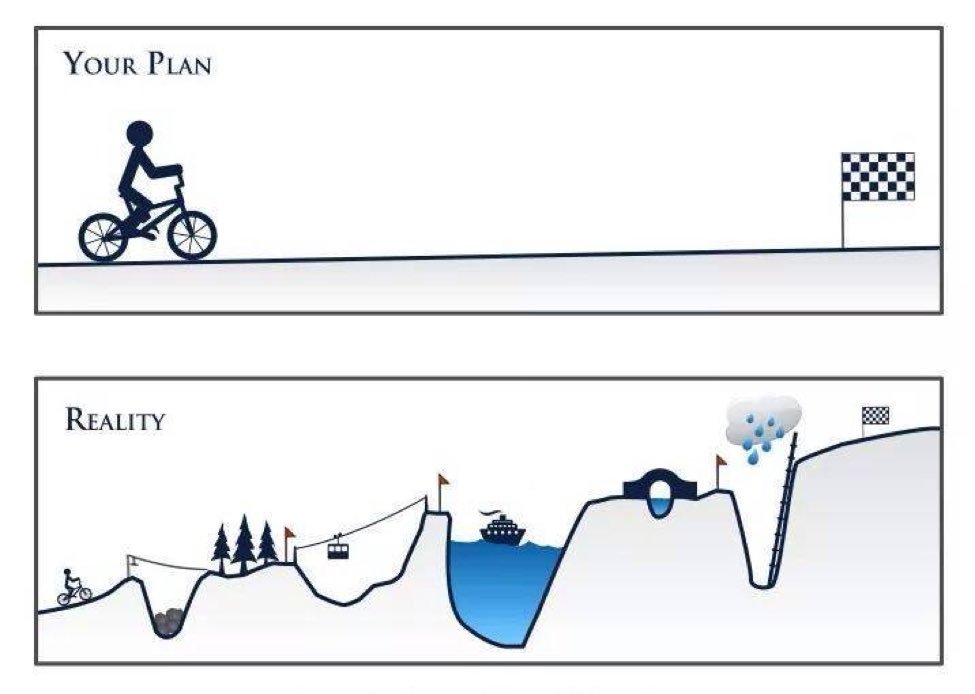Web3 games: 2022 has been a challenging year for crypto and general public confidence in blockchain technology, no doubt worsened by the FTX collapse and ongoing fears of bankruptcies in the pipeline. Unfortunately, Web3 games and the entire sector didn’t fare much better. Well, at least compared to how many wanted it to.

Web3 games get a ton of criticism from traditional gamers, however it seems to me that they would likely benefit the most from the play-to-earn (P2E) concept baked into the ethos of Web3.
Rather than see high quality Web3 games entering a brave new world, we got investor FOMO-induced subpar games that were often straight-up fraudulent projects or those that otherwise flopped – like Axie Infinity which was hacked for US$600 million.

My sense is that most once cherished the concept of digital ownership through NFTs. When I heard about it back in 2021, I thought it would work wonderfully for games, and it seemed like my friends had similar thoughts. But things didn’t quite turn out that way. Instead, the compelling idea of P2E has become somewhat ruined by a flood of silly projects, and “overpriced jpegs”.
For this reason, I’m of the opinion that the biggest challenge that Web3 games face is how to introduce to traditional gamers. We need them, and I believe the Web3 industry is now seeing that.
Web3 games into 2023
This year, we’ve seen more and more veteran game developers coming into this space, and there’s also a lot of new tech that helps integrate blockchain into traditional games.
So with that said, here’s a bold statement:
GameFi is dead (gasp!). In 2023, I expect to see more quality projects made by actual game developers. Games shouldn’t be just another decentralised finance app with sprinkles of gamification. Games should focus on digital ownership allowing games to sell their in-game earned items, and I expect to see more that in 2023.
So why do I say GameFi is dead? If you look at games, especially multiplayer role-playing games (RPGs), people spend much of their time farming and roaming through dungeons to get the best loot possible. And the time spent on getting that stuff makes them valuable.
I believe in the Web3 gaming dream – that people should be able to sell those hard-earned goods to users who don’t want to spend time getting it or who simply want to load up their collection. Essentially, this is about creating a market for all the goods that gamers earner who plow thousands of hours into their favourite pursuit.
Importantly, this is not a new concept. You can still buy and sell rare Diablo 2 items online, however, our game is mobile too so we do add a new wrinkle to this PC-only based system.
Let’s talk about the metaverse
As for the Metaverse, I believe a fun experience will lead to mass adoption. Fun should be first and foremost priority – the Metaverse will not happen simply by putting a label on a project. In the end, it’s a process.
And I suspect this is the direction in which Web3 games will (and should go).
At the end of the day, the Metaverse needs to have people in it. You don’t want a situation like the European Union had recently where they spent nearly €387,000 (or around $AU597,789) on a Metaverse, and only six people showed up. Literally six people.
So what do we need for a successful Web3 game to attract the traditional gaming crowd? We absolutely must ensure that it is fun. An equally important feature is that it must involve seamless onboarding and an almost-transparent blockchain layer – too much jargon and complications is bound to chase away the majority of gamers.
I say all this because it’s my view that blockchain technology should be seen as an added benefit that enhances the experience, not be at the core of it. And that’s the key difference compared to many of the games I’ve seen to date.
I’m optimistic that 2023 will bring about greater adoption from traditional gamers towards Web3 games, but this is not to say that it will be easy.





